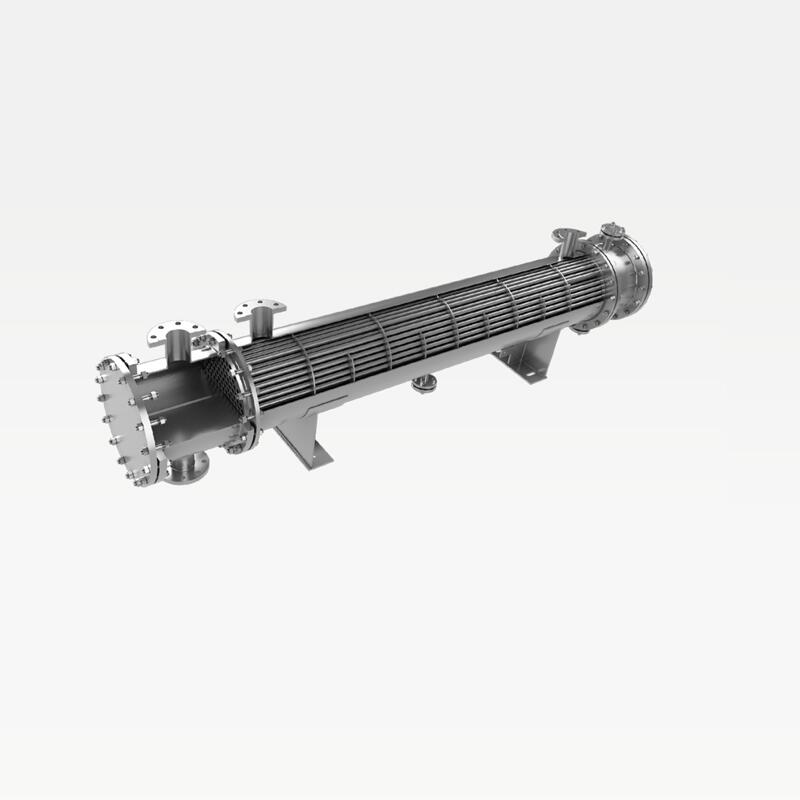-
Categories
-
Pharmaceutical Intermediates
-
Active Pharmaceutical Ingredients
-
Food Additives
- Industrial Coatings
- Agrochemicals
- Dyes and Pigments
- Surfactant
- Flavors and Fragrances
- Chemical Reagents
- Catalyst and Auxiliary
- Natural Products
- Inorganic Chemistry
-
Organic Chemistry
-
Biochemical Engineering
- Analytical Chemistry
-
Cosmetic Ingredient
- Water Treatment Chemical
-
Pharmaceutical Intermediates
Promotion
ECHEMI Mall
Wholesale
Weekly Price
Exhibition
News
-
Trade Service
Original source: Economic Information Daily
This year, global car companies are aggressively laying out carbon neutral paths.
In terms of industrial transformation, CCUS (Carbon Capture, Utilization, and Storage) technology is clean but the cost is too high, so electrification has become the most practical way for car companies to achieve carbon neutrality goals.
First of all, on the production side that produced a lot of carbon emissions in the past, many auto companies are investing and reforming vigorously, and the financial cost pressure is unprecedented.
Mercedes-Benz announced that it will spend 730 million euros to build a new energy-saving factory.
Mercedes-Benz recently announced that the 10-person commercial vehicle Sprinter will be transformed into a pure electric model in the future, named eSprinter, and is expected to be launched on the market in the second half of 2023.
This year, the Stellattis Group, which was formally merged by PSA and Fiat Chrysler (FCA), is also adjusting its factories.
It needs to be pointed out that the renovation of old factories and the establishment of new factories will put tremendous pressure on auto companies in the post-epidemic era.
Secondly, the substantial shift in technology and industry has led to the replacement of traditional technical personnel.
Compared with the manufacture of gasoline and diesel engines, the assembly of electric vehicle motors is much simpler in terms of parts and procedures.
Stellantis said that it will not close the factory due to product transformation and promises to protect the rights of all employees.
Finally, reshaping the supply chain will also bring huge financial uncertainty to auto companies.
Automakers want more control over the core components of electric vehicles.
The battery is the core component of electric vehicles and has always been the focus of the industrial layout.
Achieving the goal of carbon neutrality requires a lot of technological innovation and clean technology innovation, so the competition and cooperation between car companies and technology companies have become increasingly prominent.
A considerable number of auto companies seek cooperation with technology companies through acquisitions and signing agreements.
In the era of electric vehicles, technology companies have gradually become key players in the automotive industry, and cars have become more and more like giant computers on wheels.







